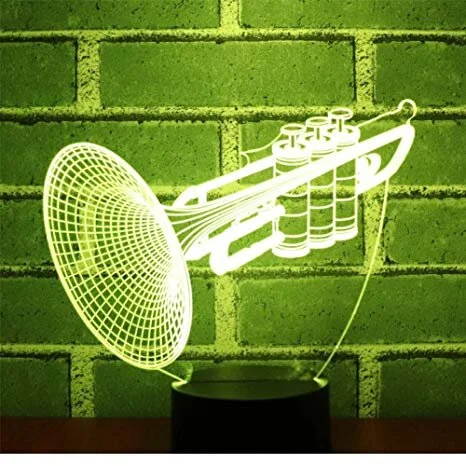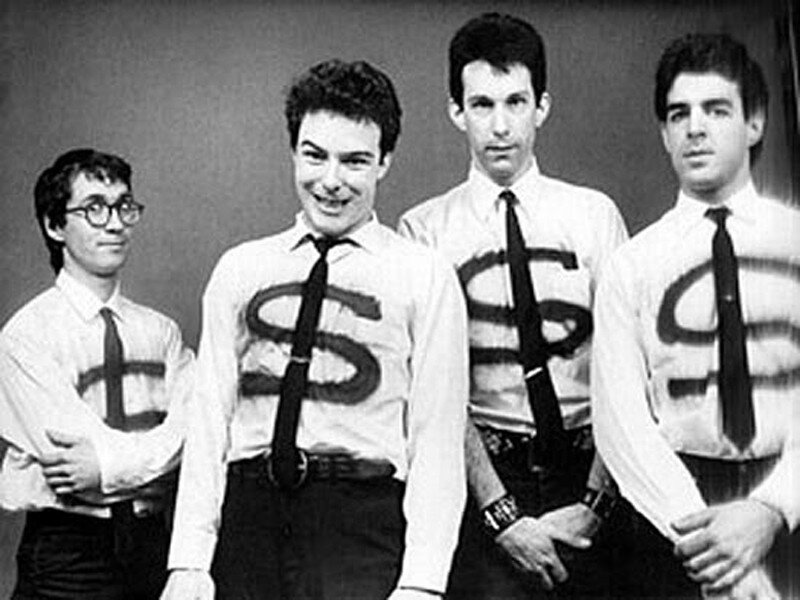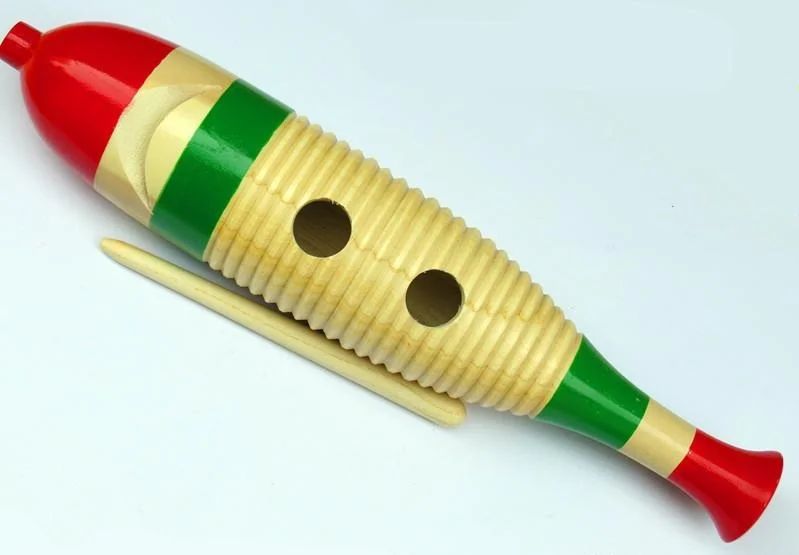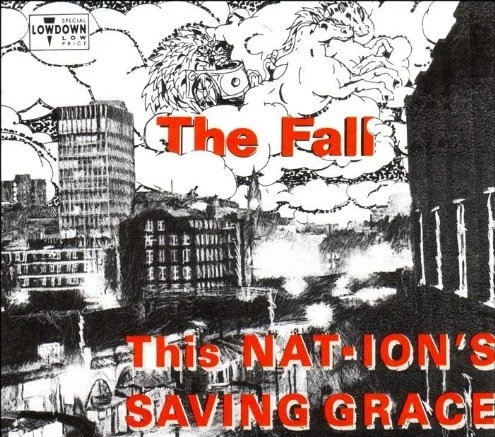Word of the week: This obscure 17th-century word, from the Latin hirquitallīre means to acquire a strong voice (from hircus male-goat), but when used, pertains to a bleating, squeaky or full-throated cries of delight. There very well be song good examples …
Read moreWord of the week: hirquitalliency
Little Richard, great deliverer of hirquitalliency




















